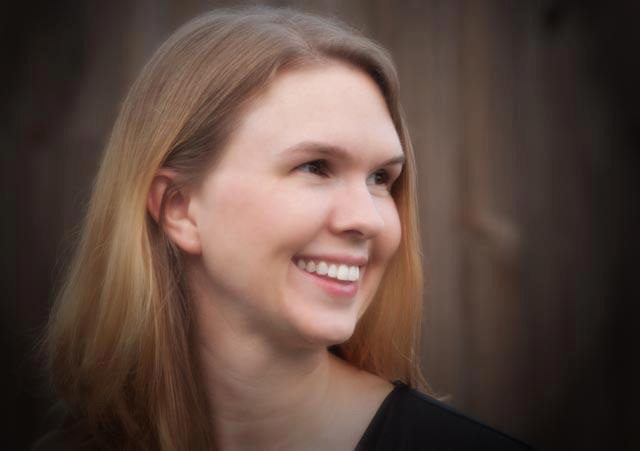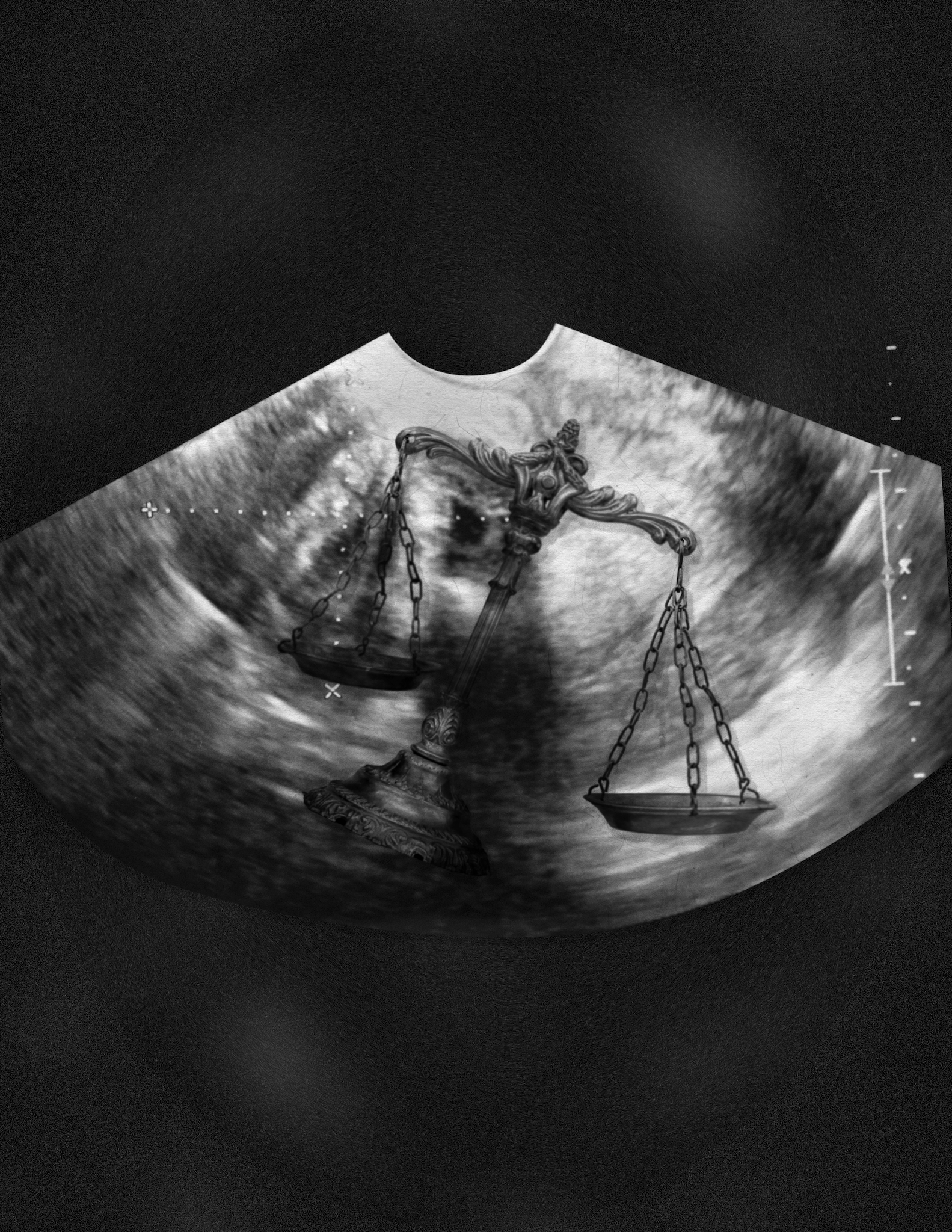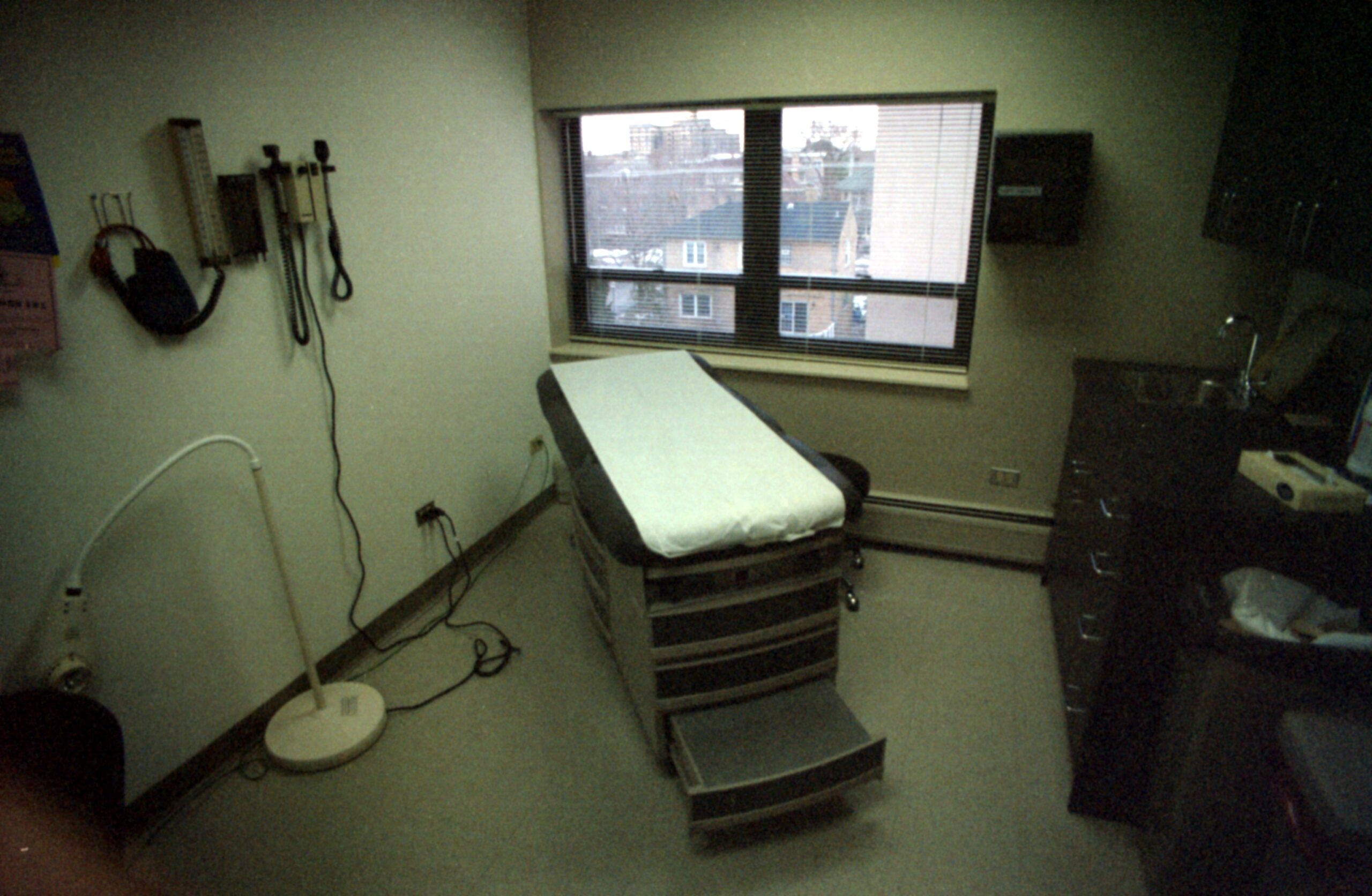
Tyrant’s Foe: Rallying the Unruly Mob
A version of this story ran in the August 2013 issue.
Above: Jessica Luther
If you followed the extraordinary abortion fight at the Texas Capitol in June and July, you’re no doubt familiar with pro-choice advocates like Sen. Wendy Davis, Sen. Leticia Van de Putte and Cecile Richards. But how about Jessica Luther? During the chaos of the two special legislative sessions, Luther—a historian, writer and activist—was in the middle of it all.
Unaffiliated with major organizations such as NARAL Pro-Choice Texas and Planned Parenthood, Luther, 32, stepped up as a leader of the “unruly mob,” as Lt. Gov. David Dewhurst termed the grassroots uprising against the abortion measure.
She filled in wherever she was needed: organizing food deliveries, helping with media outreach, taking photos and videos, keeping track of logistical information like schedules and room numbers, voicing her objection to the bill and clocking long hours at the Capitol.
Online she was just as engaged. Her Twitter handle @scATX, short for Speakers’ Corner Austin, Texas, a nod to the famous Speakers’ Corner in London, and her website, jessicawluther.com, served as essential sources of information for abortion-rights activists who descended on the Capitol.
After Gov. Rick Perry added abortion to the special session agenda, Luther kept her nearly 10,000 Twitter followers almost obsessively informed. Some tweets were procedural, with information about committee hearing locations and rules for witness testimony. Others were visual: videos of people chanting in the rotunda or photos of the street parades. She retweeted “pro-tips” from organizers and quotes from public hearings, and communicated with people from all over.
Somewhat accidentally, Luther also became a food organizer. At the first House hearing, when the Texas Democratic Party delivered pizza, “I was tweeting, ‘Hey, there’s pizza—that’s amazing!’ and people started writing me back to ask how they could help.” Later, RHrealitycheck.org, a reproductive-rights news site, pooled donations for food and the deliveries came pouring in. Managing the food deliveries gave Luther a chance to release some of her nervous energy during the debates. “I must have clocked miles just walking through the Capitol with pizzas in my hands,” she said.
Luther, a doctoral student in history at the University of Texas, says that while she’s always had an interest in “bodily autonomy,” studying history informs her politics. “It just kills you when you see the way that people are obsessed with women’s reproductive capabilities and restricting them, and making choices for them,” she said. “You think, how can that be true in 1650 and in 2013?”
Though Luther calls the abortion fight her biggest foray into activism, for years she’s been blogging about reproductive rights and volunteering at the Lilith Fund, which helps poor women pay for abortions. (She’s also a freelance writer. Coincidently, she co-wrote a story about Ricky Williams and Vince Young in the August issue of the Observer.) When the restrictive abortion bill was first filed, she says her inbox flooded with information on how to get involved. “There was this moment where I thought, we should have a space where all of this is laid out in one spot,” Luther said. “I just thought, this is something I can do.”
She saw her task as more than just getting critical information out and rallying the troops. Reproductive issues in the South, she believes, are frequently misrepresented and misunderstood, if not simply ignored.
“There are ideas about Texas, ideas that we just let conservative politicians do whatever they want, that we don’t really fight back,” she said. “That there isn’t a progressive push here, which I always knew wasn’t true because I knew the people doing it.”
Luther doesn’t want the narrative to be, “What do you expect? It’s Texas.” She’s an editor and founder of flyoverfeminism.com, a website she and a friend created last year for activists from “unexpected and unsung locations” to share ideas and strategies. She said that because “feminist media” is centered in New York, Washington, D.C., and San Francisco, ideas there about how to organize are different from what works in places like Texas. “We just have a different reality for the way that we have to organize and do activism in spaces that are not traditionally favorable.”
But Luther will keep fighting back. “It’s not going to be easy to maintain momentum, but we’ve never even had momentum,” she said. “So in moments where I’m sad that the bill passed or overwhelmed that this is Texas, I keep reminding myself of how amazing it is and that I know we’ll see it again.”


